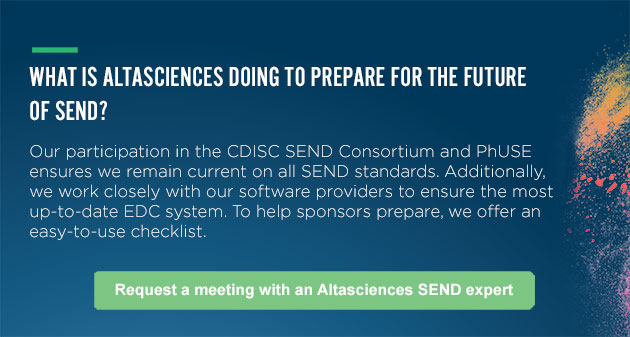Preclinical Research
Up Close and Personal with Mike Broadhurst
Mike Broadhurst joined the Altasciences’ team in 2018.
The right CRO for your preclinical and clinical biosimilar studies
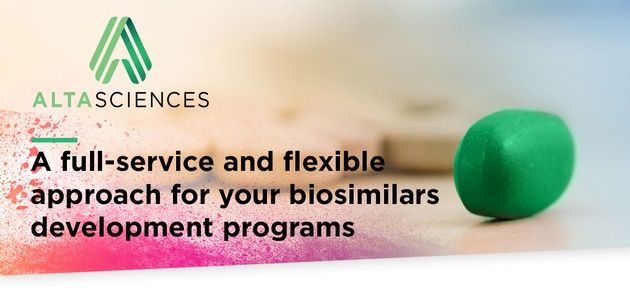
|
||||||||||||||
|
Companies developing biosimilars are collaborating with us because of our firsthand preclinical and clinical experience, distinctive recruitment strategies and speed in conducting biosimilar studies that require a customized approach based on the therapeutic indication and study-specific goals. |
||||||||||||||
|
We have the scientific, toxicological, medical, and bioanalytical know-how to design studies that meet your objectives and timelines, manage any associated risks, and develop the methods required to analyze your product and its potential immunogenicity. |
||||||||||||||
|
How we help move your biosimilar programs forward: |
||||||||||||||
|
||||||||||||||
|
View our issue of The Altascientist on the topic and contact one of our experts to learn how we can help with your biosimilar programs. |
Blood Collection in Preclinical Safety Assessment
Blood sampling volume, frequency, and rate of collection could have scientific and animal welfare impact as well as challenge data validity and interpretation.
Are you SEND-ready?
Altasciences Preclinical Develops Procedure to Visually Evaluate Large Molecule Effects on Diffusion Rates
NEW EMA SAFETY GUIDELINES
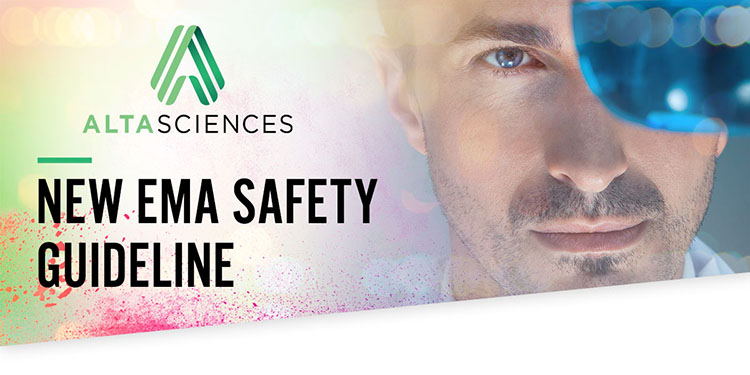
|
|
The European Medicines Agency (EMA) has updated its guidance on first-in-human (FIH) clinical trials. The objective is to help drug sponsors "transition from non-clinical to early clinical development and in identifying factors influencing risk for new investigational medicinal products". The EMA updated the guideline since trial protocols have become "increasingly complex" with more multiple ascending dose clinical trials and trials that often include different parts within a single protocol. The updated guideline includes considerations on quality aspects, non-clinical and clinical testing strategies, study design and the conduct of FIH/early clinical trials. It also includes guidance on the handling of adverse events in relation to stopping rules, and information on how to progress to the next dosing level. A new section was added entitled "Dosing selection for FIH and early clinical trials" to offer guidance on determining the starting dose for healthy volunteers and patients; criteria for dose escalation; defining the maximum exposure; moving from single to multiple dosing; and determining the route of administration. At Altasciences, we are always aligned with the latest guidances for your FIH clinical trials. We place the safety and well-being of trial participants at the forefront of our drug development programs and ensure that we continuously apply the experience gained from over 200 FIH studies we have conducted. We have built a robust feasibility process that closely considers the risks of every study we run, with particular focus on FIH studies. The process of evaluating and mitigating risks starts the day we first talk to our sponsor about the study and continues until we have dosed the last patient. Our audits by European regulators, such as MHRA, have consistently had positive results and have given us useful feedback on the safety requirements we must meet. |
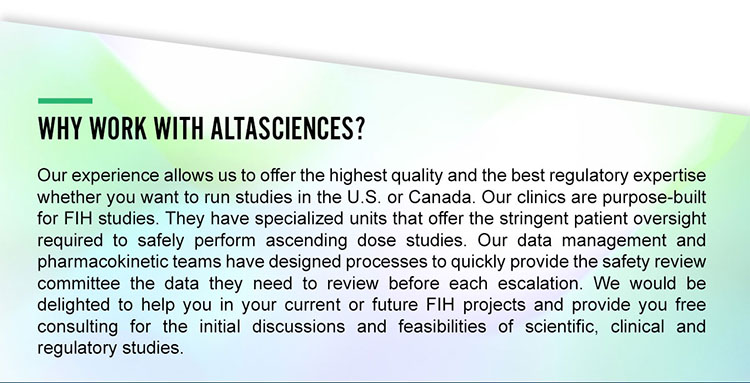
|
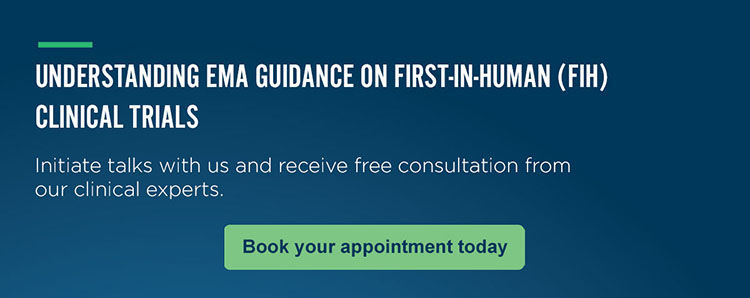 |
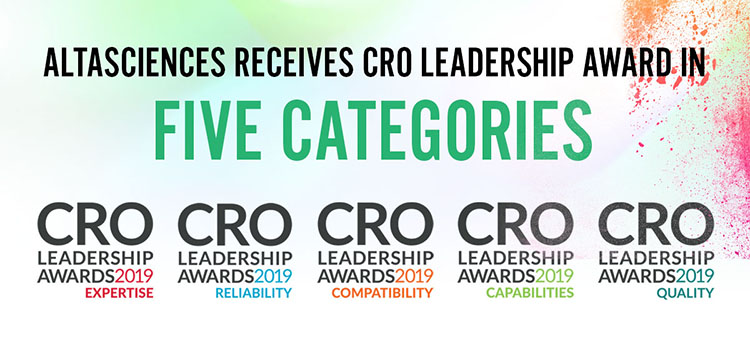 |
Supporting your Large Molecules ― from Discovery to Preclinical to Clinical Pharmacology
 |
|
Altasciences recently expanded its bioanalytical laboratory by adding space dedicated to ligand binding and cell-based assays, to continue to support and deliver quality bioanalytical solutions to our clients. The new, larger space is fully equipped to respond to the high demand of cell-based neutralization and functional assays for biologics and vaccines. We now have the additional capacity for cell lineage and functional immuno-phenotyping by flow cytometry to support both preclinical and clinical studies. |
 |
|
Bioanalytical Support for Your Large Molecules Renowned for our vast experience in LC-MS/MS and Ligand Binding bioanalytical platforms, our team of dedicated scientists in both the U.S. and Canada provide a comprehensive suite of bioanalytical services, from discovery to preclinical to phase IV. They evaluate each request and provide customized workflows to allow accurate quantitation using the appropriate platforms (Mass Spectrometry and/or Ligand Binding). Why do clients appreciate working with us? Because each bioanalytical phase of your study ― method development, validation, and sample analysis ― has a Method Development Expert and/or a Bioanalytical Principal Investigator with the appropriate scientific and regulatory expertise assigned. |
 |
|
Let's discuss your bioanalytical needs and how our solutions can support your preclinical and/or clinical research. |
The FDA Animal Rule and Standard for Exchange of Nonclinical Data (SEND)
Procedure for Repeated Ultrasound Guided Liver Biopsies in Nonhuman Primates




